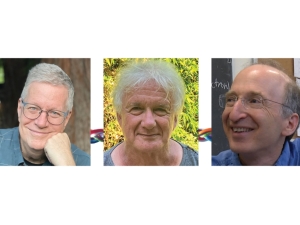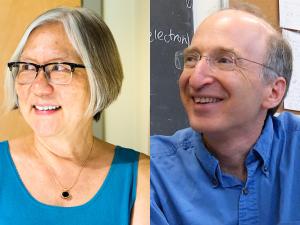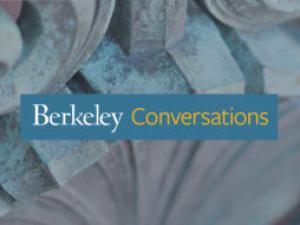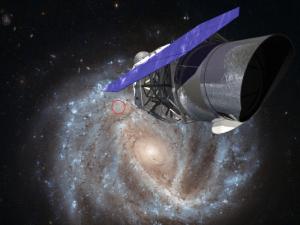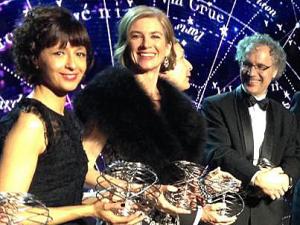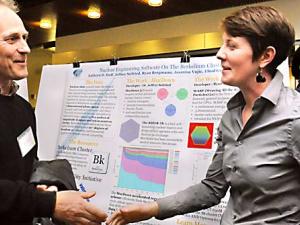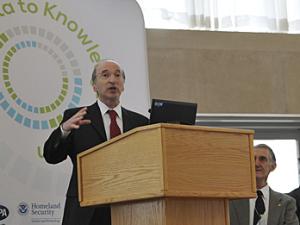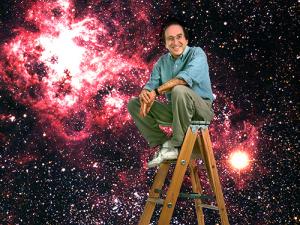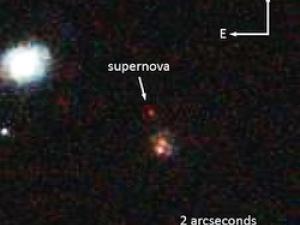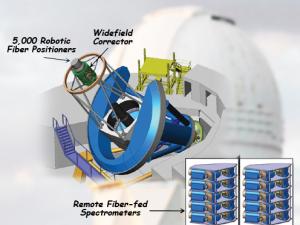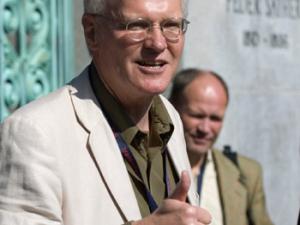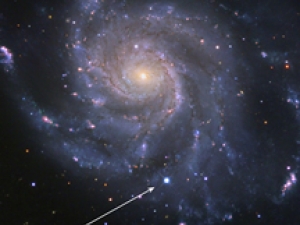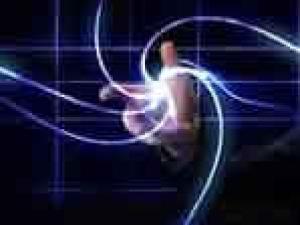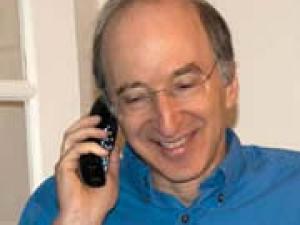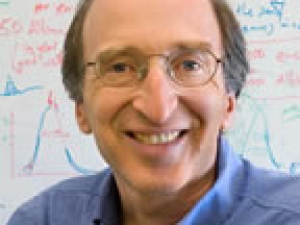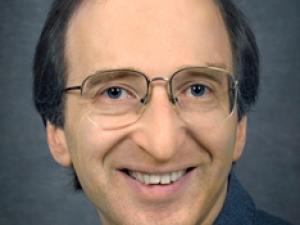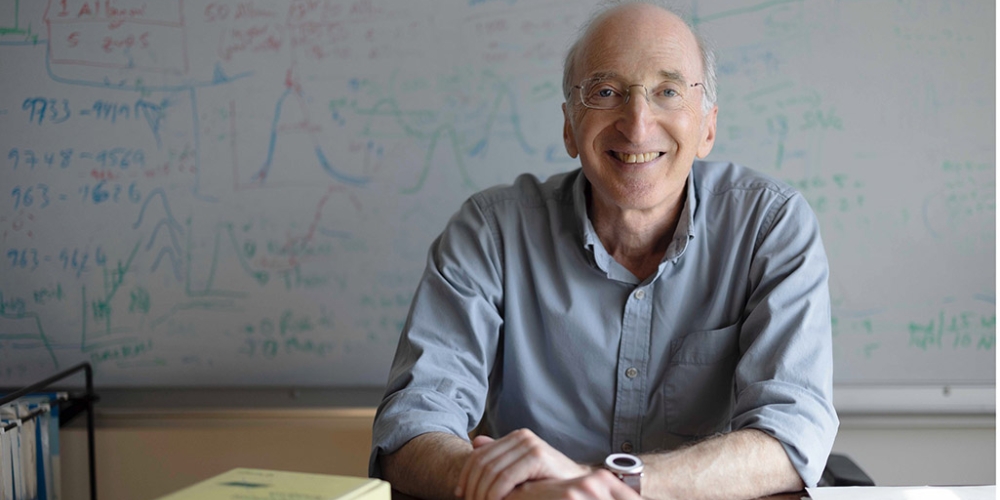

Research Bio
Saul Perlmutter is a 2011 Nobel Laureate, sharing the prize in Physics for the discovery of the accelerating expansion of the Universe. He is a professor of physics at the University of California, Berkeley, where he holds the Franklin W. and Karen Weber Dabby Chair, and a senior scientist at Lawrence Berkeley National Laboratory. He is the leader of the international Supernova Cosmology Project, and director of the Berkeley Institute for Data Science and executive director of the Berkeley Center for Cosmological Physics. His undergraduate degree was from Harvard and his PhD from UC Berkeley. In addition to other awards and honors, he is a member of the National Academy of Sciences and the American Academy of Arts and Sciences and a fellow of the American Physical Society and the American Association for the Advancement of Science. Perlmutter has also written popular articles, and has appeared in numerous PBS, Discovery Channel, and BBC documentaries. His interest in teaching scientific-style critical thinking for scientists and non-scientists alike led to Berkeley courses on Sense and Sensibility and Science and Physics & Music.
Research Expertise and Interest
cosmology, dark energy, physics, astrophysics experiments, observational astrophysics, supernovae, accelerating universe
In the News
Berkeley Talks: How Do We Make Better Decisions? (Revisiting)
Amidst Misinformation, Critical Thinking Needs a 21st Century Upgrade
President Biden appoints Saul Perlmutter, Inez Fung to science advisory council
COVID-19: Tracking, data privacy and getting the numbers right
Creating informed responses: Berkeley’s computing and data science in action
Saul Perlmutter to lead WFIRST dark energy team
Berkeley Lab and UC Berkeley Scientists to participate in new NASA space telescope project that will explore mysteries of dark energy, hunt for distant planets and retrace universe's history during 6-year mission.
Jennifer Doudna, Saul Perlmutter named 2015 Breakthrough Prize winners
Two UC Berkeley scientists — structural biologist Jennifer Doudna and physicist Saul Perlmutter — were named 2015 Breakthrough Prize winners in life sciences and physics, respectively, at a star-studded gala in Silicon Valley.
Big turnout for launch of big-data center
A throng turned out for Thursday’s high-spirited launch of the Berkeley Institute for Data Science. Designed to help researchers across the disciplines harness data in order to spur discoveries and create knowledge, the center for data-related teaching and collaboration will be housed in Doe Library.
New data science institute to help scholars harness ‘big data’
In a world awash in data, UC Berkeley is meeting the flood head-on by establishing a new institute to support faculty, researchers and students in their efforts to mine this information in areas as diverse as astronomy and economics, genetics and demography.
Saul Perlmutter: 'Science is about figuring out your mistakes'
Saul Perlmutter, astrophysicist at the Berkeley Lab and Professor of Physics at UC Berkeley, is profiled in The Guardian's "Rational Hero" series.
The Farthest Supernova Yet for Measuring Cosmic History
The Supernova Cosmology Project, based at Berkeley Lab and headed by UC Berkeley physicist and Nobel Laureate Saul Perlmutter, has discovered the most distant supernova yet that can be used in cosmological studies. Announced at the American Astronomical Society meeting, it will help answer questions about dark energy and the fate of the universe.
Gordon and Betty Moore Foundation Gives a Big Boost to BigBOSS
A $2.1 million grant from the Gordon and Betty Moore Foundation to the University of California at Berkeley, through the Berkeley Center for Cosmological Physics (BCCP), will fund the development of revolutionary technologies for BigBOSS, a project now in the proposal stage designed to study dark energy with unprecedented precision.
Sather Center targets transatlantic research
With several of its namesake’s descendants on hand for the occasion, UC Berkeley’s Peder Sather Center for Advanced Study is celebrating its launch today (Thursday) with a two-day campus conference.
Closing in on cosmic mystery surrounding supernovas
Thanks to images obtained over the past nine years by the Hubble Space Telescope, UC Berkeley astronomers were able to narrow down the identity of the companion star to a supernova first observed in August. It was not a bright red giant or helium star, but probably a more modest star like the sun, a subgiant or even a white dwarf.
Perlmutter, Filippenko in NOVA special
Newly minted Nobel Laureate Saul Perlmutter is among the physicists and astronomers interviewed in the premier episode of a four-part NOVA series, “The Fabric of the Cosmos,” which aired November 2, 2011 on PBS stations around the country. In the San Francisco Bay Area, the one-hour episode was viewed on KQED-TV at 9 p.m.
For Berkeley physicist, worldwide fame and campus parking
For Berkeley physicist Saul Perlmutter, Tuesday, Oct. 4 began before 3 a.m. with a press call from Sweden, and soon a meaningful moment with his sleepy but excited 8-year-old. Then — quickly and inevitably — came the deluge of phone calls and e-mails, celebratory events and photo ops. And, it goes without saying, a coveted parking pass.
Saul Perlmutter awarded 2011 Nobel Prize in Physics
Saul Perlmutter, UC Berkeley professor of physics and LBNL senior scientist, will share the 2011 Nobel Prize in Physics with two other scientists, including former UC Berkeley postdoc Adam Riess, for their discovery that the expansion of the universe is accelerating. This discovery in 1998 led to the realization that the universe is largely composed of an enigmatic “dark energy.”
Saul Perlmutter Wins the Einstein Medal
Berkeley Lab’s Saul Perlmutter has won the Einstein Medal presented annually by the Albert Einstein Society of Bern, Switzerland, for his role in discovering the accelerating expansion of the universe by observing very distant supernovae.
Featured in the Media
Nobel Prize-winning physicist Saul Perlmutter, philosophy professor John Campbell, and social psychologist Robert MacCoun turned their course a on using scientific tools to approach everyday problems into a book.


